Jeyes Fluid can be effective as a cat deterrent however it can be very harmful to a cat’s health, potentially fatal in extreme cases if it is not sufficiently diluted.
We therefore cannot recommend using it to deter cats.
Contents
Is Jeyes Fluid Safe To Use As A Cat Deterrent?
It depends on the concentration of the liquid. The highest concentrations are generally unsafe to use as animal deterrents.
Fortunately, many cats will be completely put out by the smell of the fluid, which is why they will avoid that area altogether.
This also means that they will not step into the liquid and then groom their bodies, therefore ingesting Jeyes Fluid by accident.
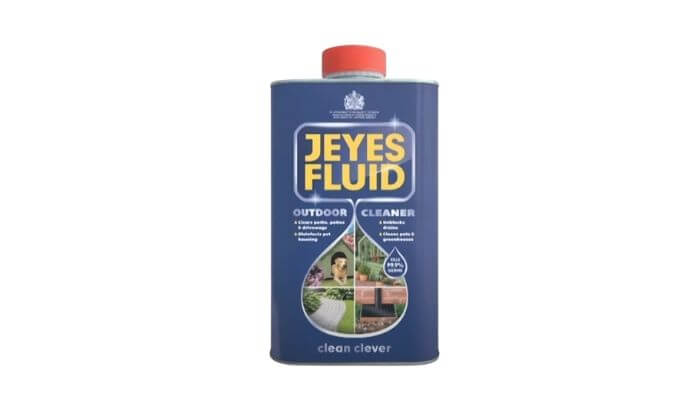
The biggest issue with this deterrent is that it tends to remain in the environment for some time.
For example, if you live in a rainy area, although its potency and scent might decrease over time, the fluid might be picked up by animals on their fur or skin if they go through your garden.
Due to the unpleasant effects that it can have on cat health, we strongly suggest that you use different cat deterrents, not Jeyes Fluid.
Can Jeyes Fluid Kill Cats?
In some cases, this is indeed possible.
Jeyes Fluid can be sometimes mixed with water, which will make the concentration less potent. These concoctions are less dangerous for cats.
However, since Jeyes Fluid contains phenols that are quite toxic to animals, some cats might indeed die after being exposed to it.
The substance passes through the cat’s skin very easily, and if it is also ingested, it can be deadly.
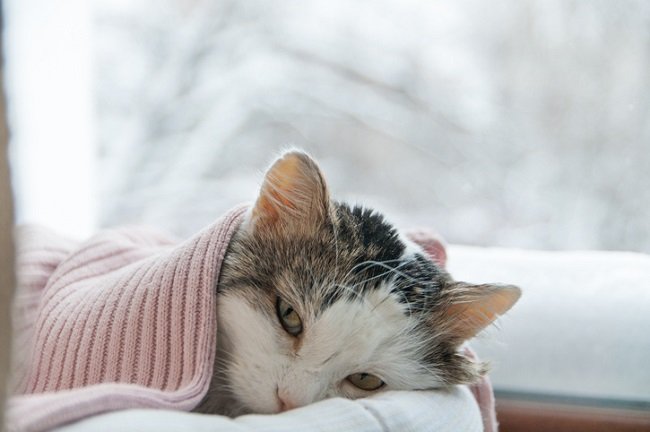
It’s also worth noting that Jeyes Fluid is lethal for a variety of other animal species, too, such as raccoons, foxes, squirrels, and even birds, so its use is generally unsafe.
More importantly, Jeyes Fluid can also kill grass and plants, making your lawn or garden look as if it was burnt by too much sun.
So this cat deterrent isn’t deadly only for cats. However, the good thing, if there is any, is that only large amounts of Jeyes Fluid can actually cause death.
That does not mean that it cannot cause other health complications, however.
Jeyes Fluid Poisoning Symptoms in Cats
The most common clinical signs that cats can show after being exposed to Jeyes Fluid are listed below:
- Lethargy
- Excessive salivation
- Loss of appetite
- Tremors and seizures
- Vomiting and diarrhoea
- A staring gaze
- Breathing difficulties
- Drowsiness and dizziness
Jeyes Fluid particularly affects animals’ nervous systems, so this is the reason why you might notice cats behaving strangely after they ingested it or inhaled it.
In some cases, if cats accidentally touch garden areas that were sprayed with Jeyes Fluid, they can develop local skin irritations.
If your cat starts exhibiting any of the symptoms that we have listed above, make sure to contact your veterinarian.
Ask a Vet
If you are concerned that your cat may be suffering from Jeyes Fluid poisoning speak with a vet ASAP. JustAnswer allows you to talk in real-time to veterinary experts for a small fee.
Should the cat not belong to you, get in touch with an emergency animal hospital or a rescue center in your area.
Do consider that cats that come in contact with Jeyes Fluid have to receive veterinary assistance as soon as possible. Otherwise, they can lose their life in a matter of several hours.
Why Do Cats Not Like Jeyes Fluid?
Jeyes Fluid contains a number of ingredients that makes its use as an animal deterrent quite problematic.
But the main reason cats seem to particularly hate this solution is that it contains a compound derived from coal acid.
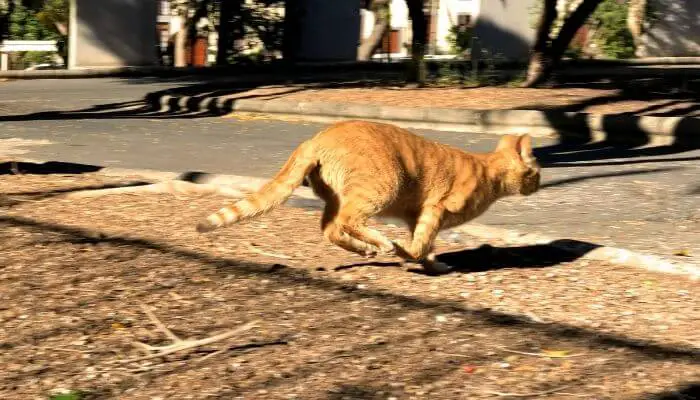
Its potent odor makes cats avoid some areas, but since accidents can still happen and since Jeyes Fluid is definitely not the safest way of getting rid of cats, we still advise against using it.
How To Safely Use Jeyes Fluid As A Cat Deterrent?
If you really have no other way of managing your cat problem, there are some effective and secure ways to rely on Jeyes Fluid to handle this issue.
First of all, since the concentration of the solution is what makes it so harmful to cats, you can start by diluting it.
Use plain water in a 50/50 amount.
For every cup of Jeyes Fluid, add one cup of water and then spray it on the areas that regularly get soiled by your neighbors’ cats, for example.
Another way to use Jeyes Fluid to deter cats would be for you to soak some tea bags into the solution.
In this way, the liquid will be relatively contained, so the cats are going to be able to go around that area without accidentally contaminating their skin or coat.
There are plenty of other ways of convincing cats and other animals to avoid coming to your garden or lawn to use them as their personal bathrooms.
Using Jeyes Fluid is not the safest of these methods.
What Are The Best Alternative Cat Deterrents?
If you are an animal lover and you would like to ensure that none of the cats that go through your area becomes sick because of Jeyes Fluid, there are some cat deterrents that are safe to use in this sense.
- The safe/humane way to keep cats and other unwanted pests out of your garden with fully adjustable sensitivity and frequency
- Infrared PIR motion sensor detects the movement and body heat
- Easy set up
- Effective or your money back
- Requires 4 x AA Batteries
Commercial cat deterrents usually contain essential oils or plant extracts that cats do not appreciate in the least. If you don’t want to deal with the hassle of making your own pet deterrent, just buy one of them.
On the other hand, you can also DIY a solution by using citrus scents or oils, mint tea, eucalyptus oils, or even vinegar.
Coffee grounds are another option, in this case, since cats do not appreciate the strong smell and consistency of the grounds on the soil.
You also have to ask yourself how cats are managing to get into your garden or lawn or even your home. Is there a hole somewhere in your fence?
Do you have a cat door for your cat, and there are other pets using it, too?
There are plenty of physical ways of establishing barriers between your house and property and that of your neighbors.
For example, you can install a purpose-made cat fence or chicken wire.
While it might not seem like the most visually appealing way to solve your problem, there shouldn’t be anything stopping you from also putting fake bushes over the chicken wire so that it’s not noticeable at all from the outside.
Use your creativity to deter cats from coming to your garden, but do rely on safe methods of doing so.
Make Sure To Keep Jeyes Fluid Away From Your Cat
As popular as Jeyes Fluid might be for its disinfecting properties, it does not make the best cat deterrent. It’s not even safe for animals.
In fact, it can hurt their health.
After ingesting, breathing, or touching Jeyes Fluid, most cats can start showing very unpleasant symptoms, such as tremors, convulsions, or seizures.
They have to be seen by a vet as soon as possible as otherwise, they could lose their life. For all of these reasons, we advise you to steer clear of Jeyes Fluid and use alternative ways of deterring cats from coming to your garden.
As an Amazon Associate I may earn a small fee from qualifying purchases at no extra cost to you. This helps us run the site, so thanks for your support!

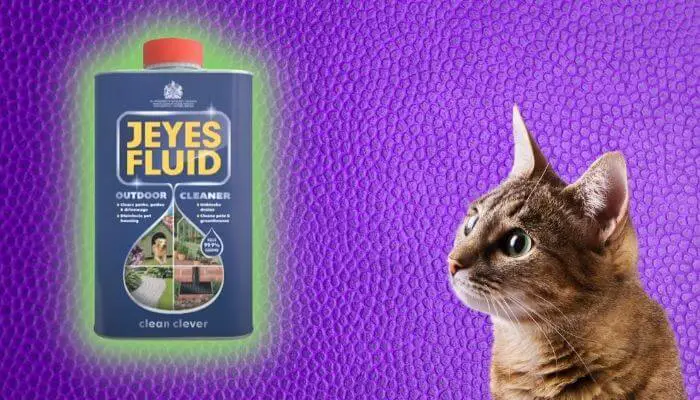

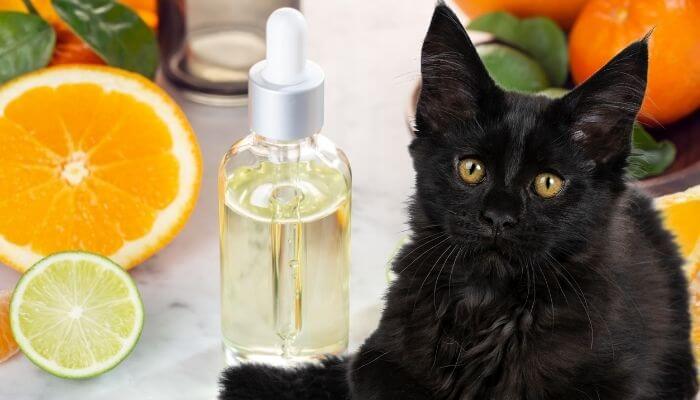
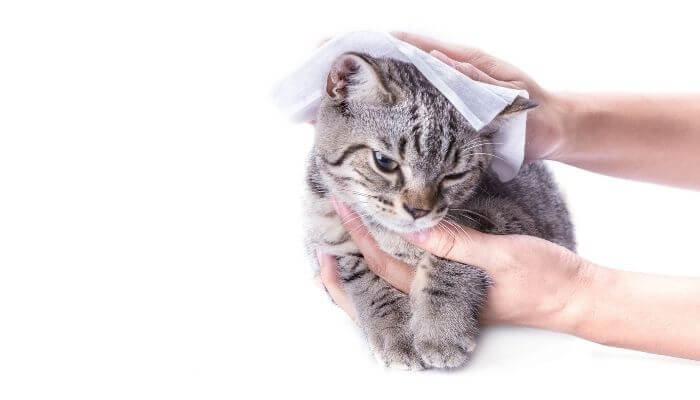
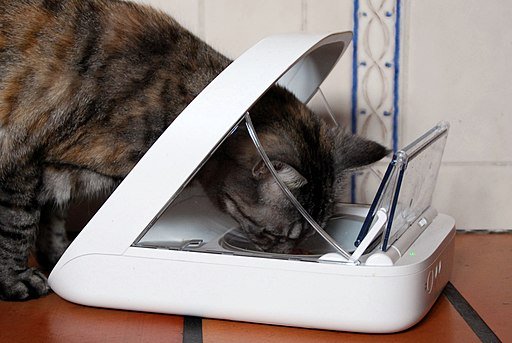
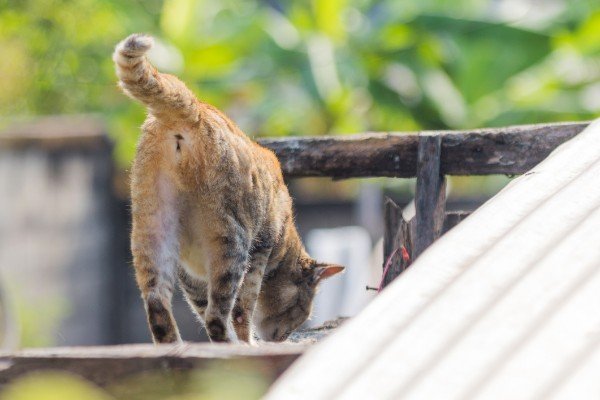

Leave a Comment